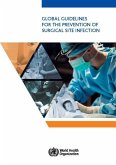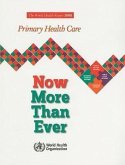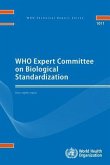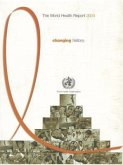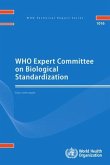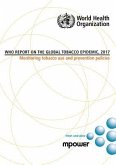This WHO Global report on psoriasis brings the public health impact of psoriasis into focus. The report is written to help raise awareness of the range of ways that psoriasis can affect peoples' lives. It intends to empower policy-makers with practical solutions to improve the health care and social inclusion of people living with psoriasis in their populations. The report highlights that much of the suffering caused by this common and complex disease can be avoided. Improving access to early diagnosis and appropriate treatment for psoriasis requires universally accessible health-care systems that provide people-centered care for patients with complex, lifelong conditions. Governments also have a key role to play in seeking to address the unnecessary social consequences of psoriasis by the challenging the myths and behaviors that lead to the exclusion of patients from healthcare settings and daily life.
Hinweis: Dieser Artikel kann nur an eine deutsche Lieferadresse ausgeliefert werden.
Hinweis: Dieser Artikel kann nur an eine deutsche Lieferadresse ausgeliefert werden.


